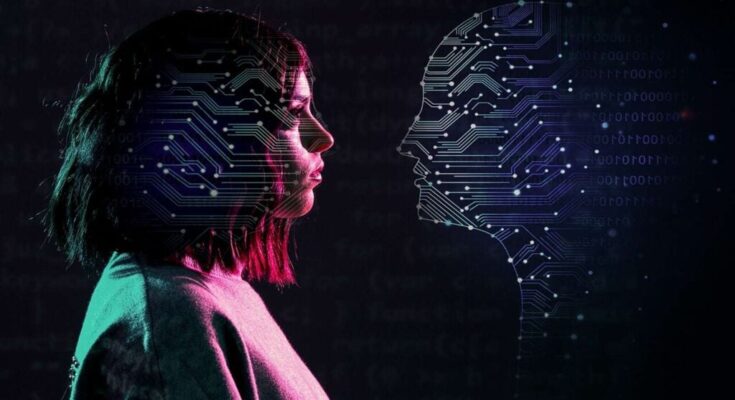
Countries around the world, including members of the European Union, the United States, Britain and Isael, have started signing the first AI standards agreement. Known as the Framework Convention on Artificial Intelligence, the treaty is the first legally binding agreement to regulate AI.
It was developed by the Council of Europe, a human rights organization, and was opened for signatures on September 5th, 2024.
Why was the convention created?
The AI Convention was created to address AI’s potential risks to human rights, democracy, and the rule of law. The agreement also encourages responsible innovation in AI, ensuring that technological advancement does not come at the cost of basic human values.
The treaty was finalized in May after years of discussions among 57 countries. Britain’s justice minister, Shabana Mahmood, highlighted the importance of the treaty, calling it a major step in ensuring that AI can be developed without undermining fundamental principles.
She noted that the agreement helps protect key values like human rights and the rule of law while promoting the responsible use of new technologies.
Protection of human rights impacted by AI
The AI Convention focuses on protecting the human rights of people impacted by AI systems. It is separate from the European Union’s AI Act, which took effect last month.
While the EU AI Act imposes strict regulations on the development and deployment of AI within the EU market, the AI Convention has a broader focus on safeguarding human rights across its 46 member states, including all 27 EU countries.
The Council of Europe, established in 1949, is not part of the European Union but works to protect human rights across Europe. In 2019, a special committee began exploring the feasibility of an AI framework, and by 2022, a Committee on Artificial Intelligence was formed to draft and negotiate the treaty.
Legally binding for signatories
Under this legally binding agreement, signatory countries must implement safeguards to prevent AI from harming human rights, democracy, and the rule of law. However, each country can adopt legislative, administrative, or other measures to meet the treaty’s goals.
Francesca Fanucci, a legal expert from the European Center for Not-for-Profit Law, who contributed to the treaty’s drafting process, expressed concerns about its effectiveness.
She stated that the treaty had been “watered down” into general principles, raising doubts about its enforceability. Fanucci noted that the language used in the treaty is broad and filled with caveats. Hence, it could make it difficult to enforce in practice.
Despite these concerns, the AI Convention is seen as a significant step forward in the global effort to regulate the impact of AI while protecting human rights.



